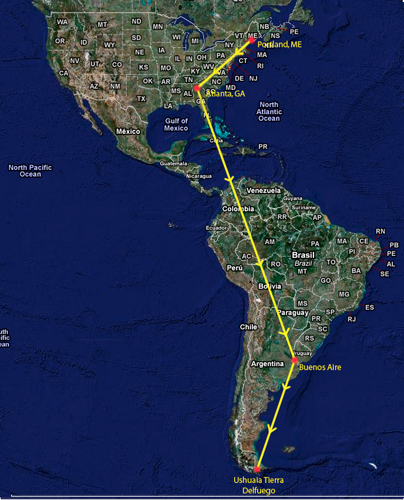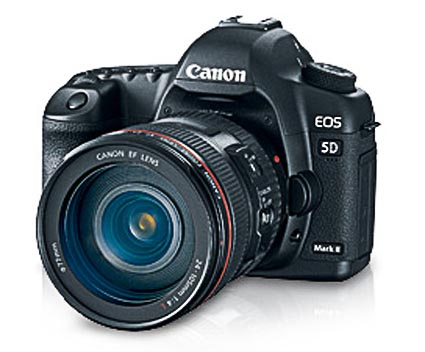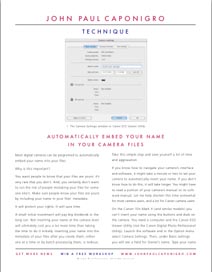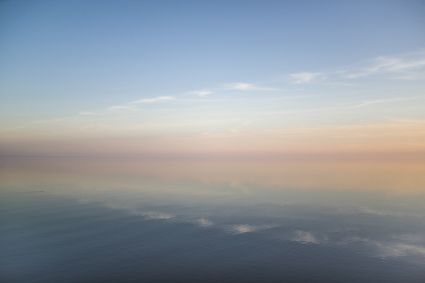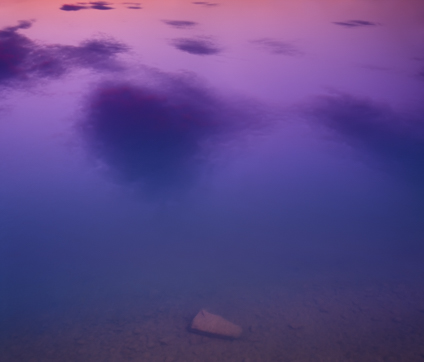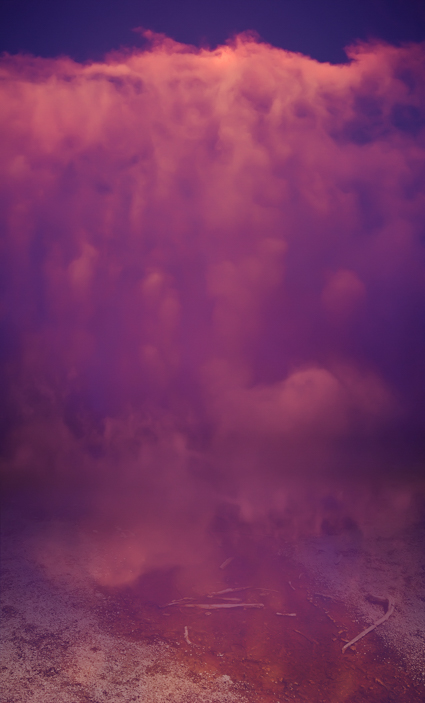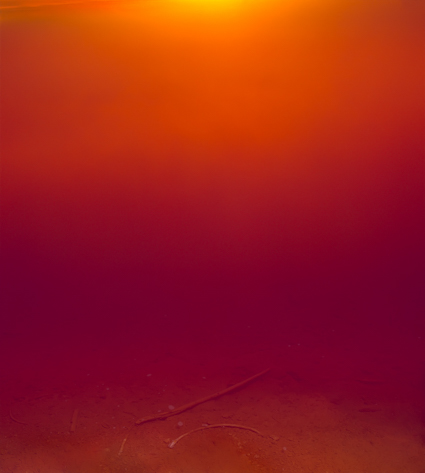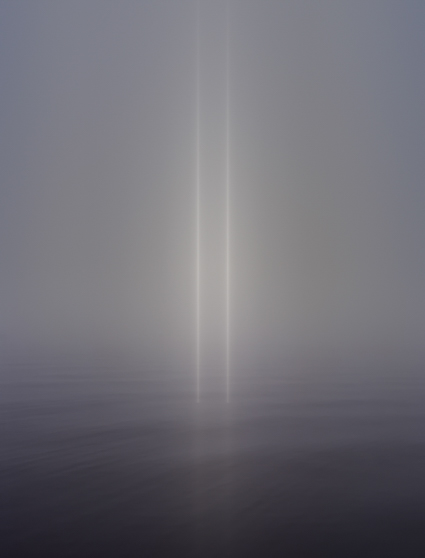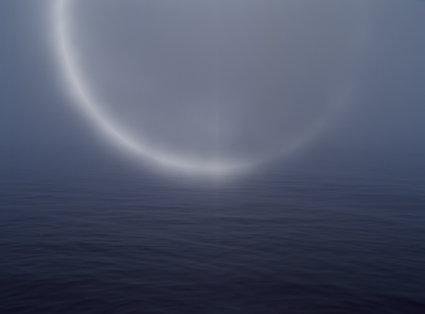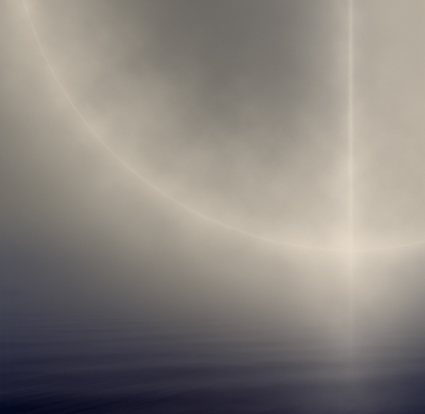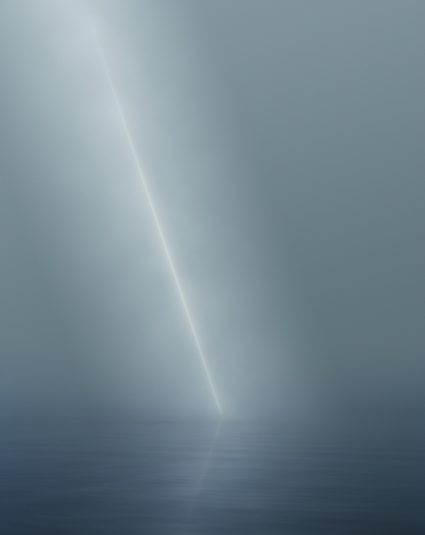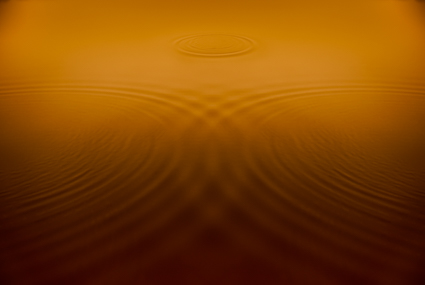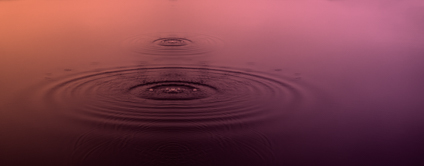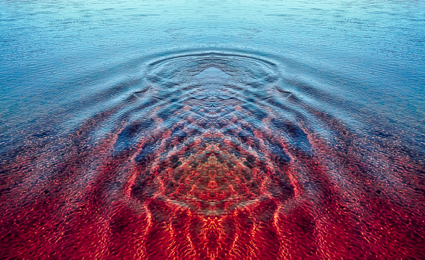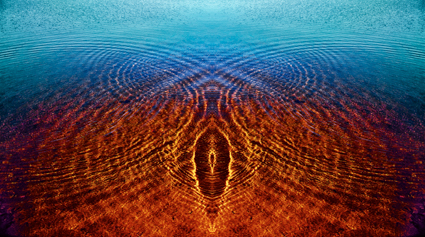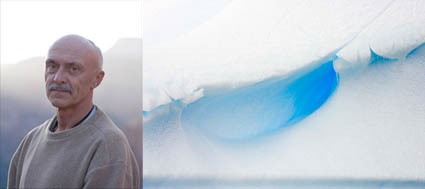
Olaf Willoughby is one of my workshop alumns with an amazing success story. It’s a testament to how one man with focus can succeed personally and make a significant contribution in a short time.
“It all started with the mesmerising impact of a photographic expedition with Michael Reichmann and John Paul Caponigro. Antarctica was even more dramatic than I had expected. Glowing pink light at sunset. The vivid blue depths of the ice. Drifting sculpted icebergs. It was almost like a fairytale.
But the reality is different. Antarctica is under threat. Apart from the impact of climate change; the accords on land exploitation, whaling and tourism are all on a course of seemingly irreversible change for the worse.
This contrast between splendour and sadness led me beyond a photographic portfolio to produce a 48 page colour book, a work of environmental advocacy. “Antarctica, A Sense of Place”. The images and text contrast the natural beauty with the dark detail of the dangers facing Antarctica.
I produced the book within 6 months of the trip but I was still only halfway. John Cage said he didn’t consider his music complete until someone had heard it and similarly I needed marketing to create awareness and demand.
The World Wildlife Fund endorsed both the book and the images, using them in its web and print marketing activity. They also distributed over 5000 copies of the ebook on CD to help raise money for environmental causes. I have also blogged for the International Polar Year and their web site has featured the images. Additionally an article on the trip appeared in the UK’s most popular photographic magazine, Amateur Photographer, who also gave the book a very favourable review. A selection of images were exhibited at the ‘White Worlds’ exhibition at Nature In Art in the UK, Summer 2008. Prints have also been sold to support corporate environmental marketing programmes.
Through the WWF I have managed to create a good level of awareness, far higher than I might have managed on my own. I am going again in Jan 09 with John Paul and am currently planning the second edition.
JP’s workshops bring together a wonderful collection of like minded artists, rich with different talents. There are many benefits but, for me, the one outstanding lesson has been the expansion of the way I ‘see’ images, both provoking me to push harder and allowing me greater freedom to express my vision.”
Olaf Willoughby is a photographer, writer and researcher who lives with his wife Monique in London, UK. Creator: the WIT test of individualists and team players used in market research. Author: photography & travel books and articles. Values: the need to connect, environmental advocacy. Interests: the rhythms of data, images and words fuse into a long term fascination with creativity and pattern detection.
Check out a recent feature on Ag magazine here.
Find Olaf’s book here.
Learn more at olafwilloughby.com.
Stay tuned for stories from our upcoming January 2009 voyage to Antarctica.
–
Enjoy my Antarctica galleries, book, and statements.
Learn more about my workshops here.
Early registrants get discounts at home.
Members get discounts abroad.
